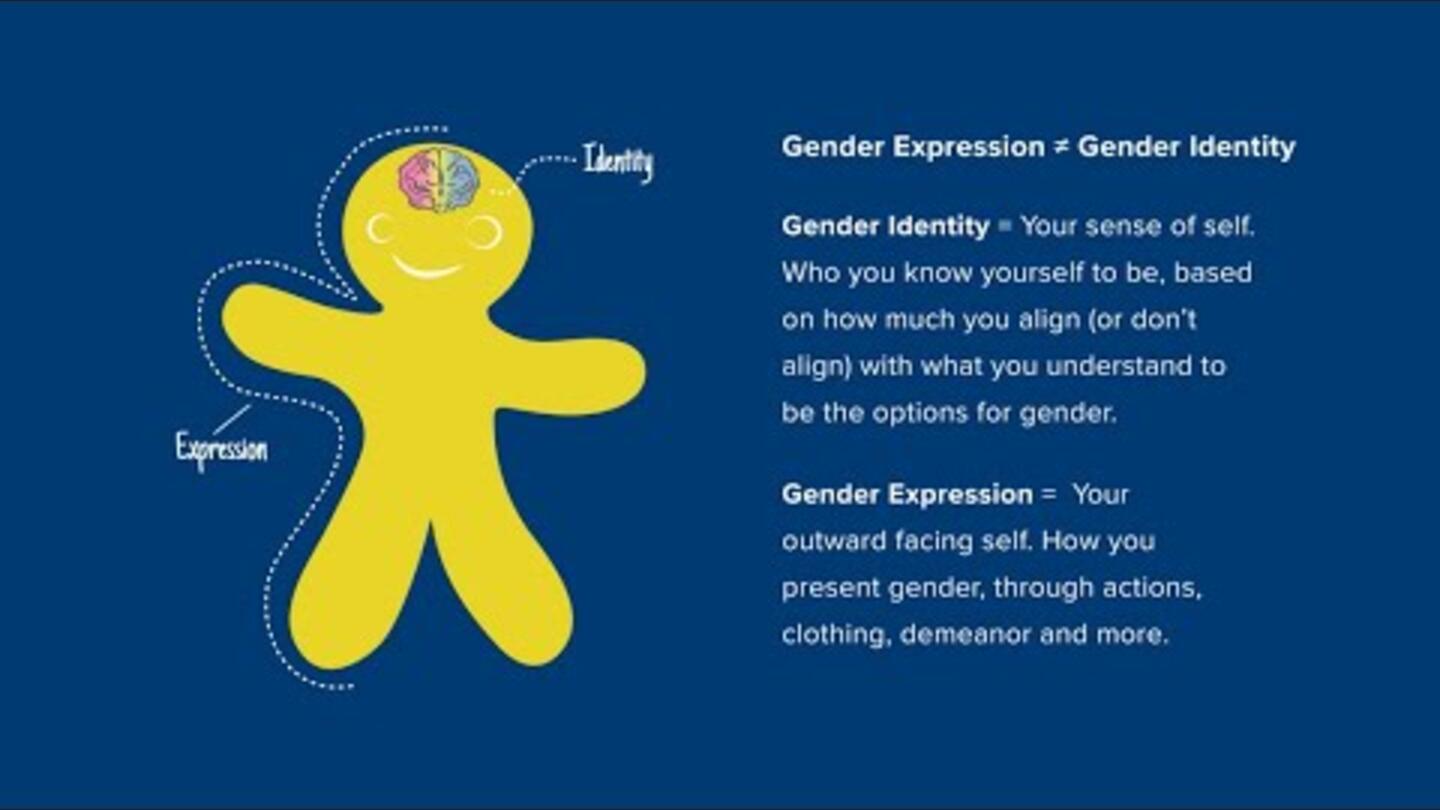Gender identity and why pronouns are important
Someone’s gender identity is their innate concept of themself as a woman or girl, a man or boy, a combination of both, or neither. For most people, their gender identity is consistent with their biological sex, or the sex they were assigned at birth. For transgender, nonbinary, and gender nonconforming people, this is not the case.
- Transgender: an umbrella term used to describe people whose gender identity is inconsistent with the sex they were assigned at birth.
- Nonbinary: a term used to describe people whose gender identity is neither exclusively masculine nor exclusively feminine.
- Gender nonconforming: a term used to describe people who present themselves in a way that does not conform to the cultural norms and expectations associated with their gender.
Using the correct pronouns when referring to someone is a way to show respect for that person; using the wrong pronouns is one way of misgendering them, or disrespecting and stigmatizing them.

How to be an ally
Allies are members of a privileged group (in this case, cisgender people, or people whose gender identity is consistent with their biological sex) who are committed to ensuring equity for members of a group with less privilege (in this case, transgender, nonbinary, and gender nonconforming people). Actions you can take to be an ally include the following:
- Be proactive about sharing your pronouns in writing (e.g., in your email signature) and verbally (e.g., when introducing yourself)
- Show your support for transgender and other LGBTQ+ people, such as by displaying LGBTQ+ symbols or flags in your workspace
- Educate yourself on basic terms and definitions relating to gender identity and share the knowledge with others.
- Be the one to say something: If you witness behavior that discriminates against, stigmatizes, or could in some other way create an unsafe or uncomfortable workplace for transgender, nonbinary, and gender nonconforming employees, don’t wait for someone else to address it.

Support of Gender Identity
RTI practices diversity and inclusion principles everywhere we operate in the world. Our employees respect one another and value the expression of gender identity in our workplace culture and when interacting with our partners. One way we affirm gender identity and show respect for one another is by using pronouns. Using pronouns the wrong way misgenders or disrespects an individual. RTI supports employees who choose to express their gender identity through the use of pronouns. These employees are being consistent with RTI’s value of respecting one another, and they are aligning with RTI’s mission to improve the human condition.

